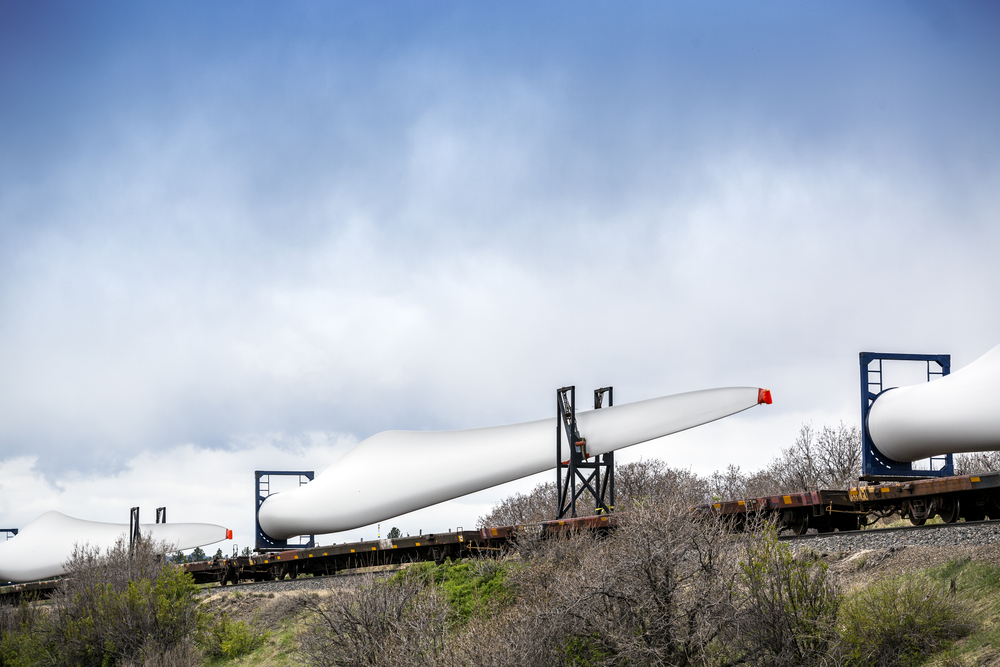
In the last few days The Economist ran a story reporting that wind turbines keep getting bigger, which causes all sorts of interesting transport issues.
Even if you’re not subscribed to The Economist, you should click through to the story using the link above, just to check out the image of the huge turbine blade the poor truck is hauling. It puts the monster in my image, above, to shame. I couldn’t copy the image here, as it’s under copyright.
You don’t need to read the article to get the gist of the story; the bigger things get, the more difficult the logistics become, which seems to catch people by surprise.
It reminds me of a scene from the very last season of West Wing, when CJ was asked by a fictional Bill Gates-type billionaire, Frank Hollis, how she would solve the many complex problems in the world. Her answer was “highways” — a not-sexy, basic engineering and logistics problem.
The unsexy logistics and fundamental engineering underlying most of what modern man gets up to these days always limits what we can do.
We want bigger windmills driving larger turbines to create more energy. But we’re limited by the size of blade that we can actually haul to the site.
That is, until someone figures out a way to make a reliable, useable blade made up of components, or a way to extrude the blades on site, the way they build tailored guttering for houses now, and install it on the spot (it took three hours for one guy to do our entire house — it might have taken him less time except I kept hovering and watching, which I think put him off his best pace a little).
This is an aspect of technological development that I’ve never seen in science fiction worldbuilding. By the time we get to read about a fictional world, all the basic issues have been solved. The technology itself might glitch, or have limitations of its own, but getting the stuff to where it is supposed to be used is never revealed.
Which is actually unrealistic. The logistics for that piece of technology over there might be resolved, but there is surely newer technology over here that is in the final stages of development that needs to be taken somewhere, too. Not all technology is developed at the same time.
I will for sure be considering this factor in the next book!
Have you read science fiction that deals with fundamental problems like this? Space opera seems ideal for this type of issue, with its multitude of planets and space ships everywhere. Share in comments, if you have. I’d be curious to read it.

Latest releases:
Quiet Like Fire — Aurealis Award Finalist for Best SF Novella!
Solar Whisper
Ptolemy Lane Tales Omnibus